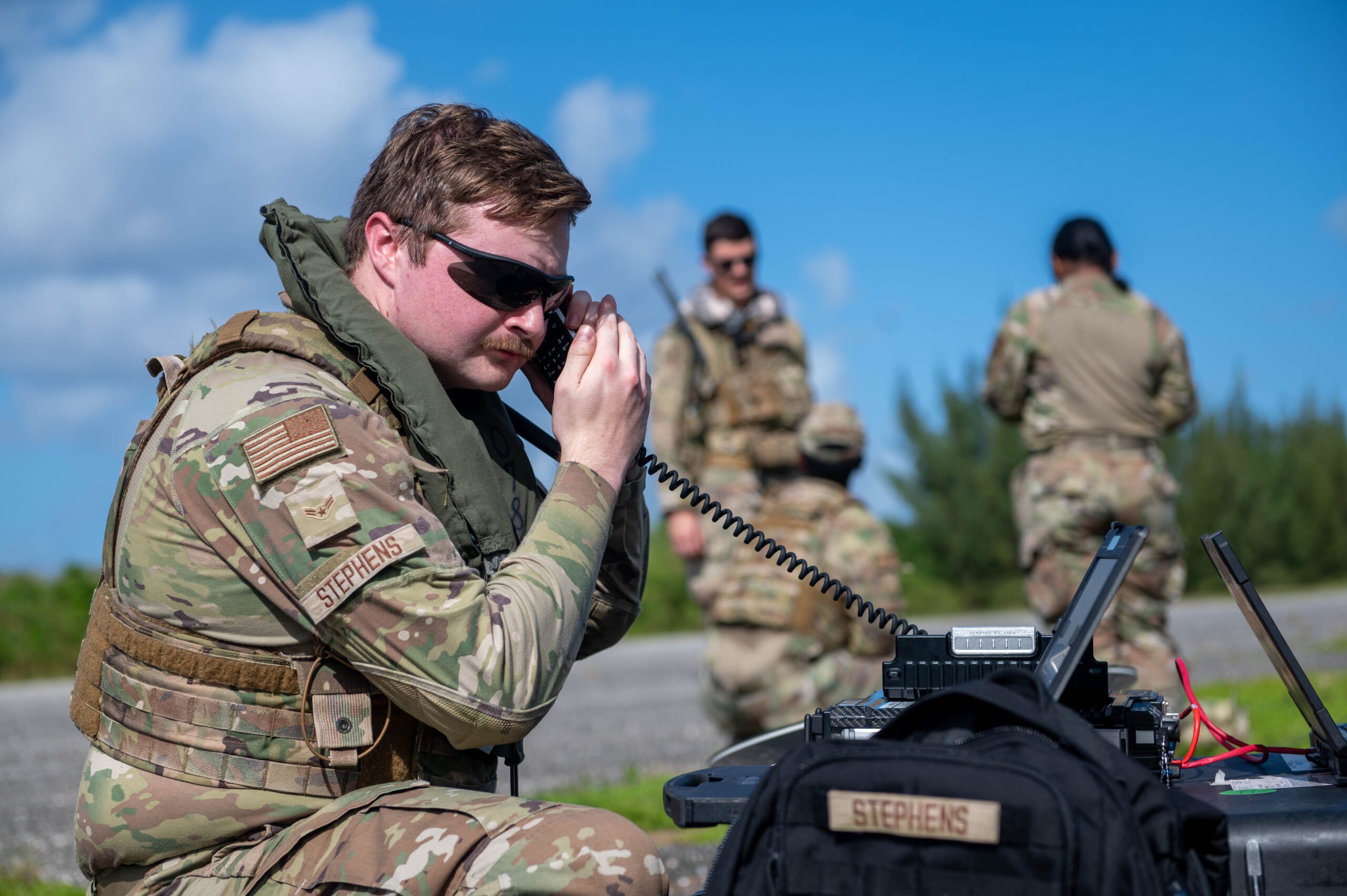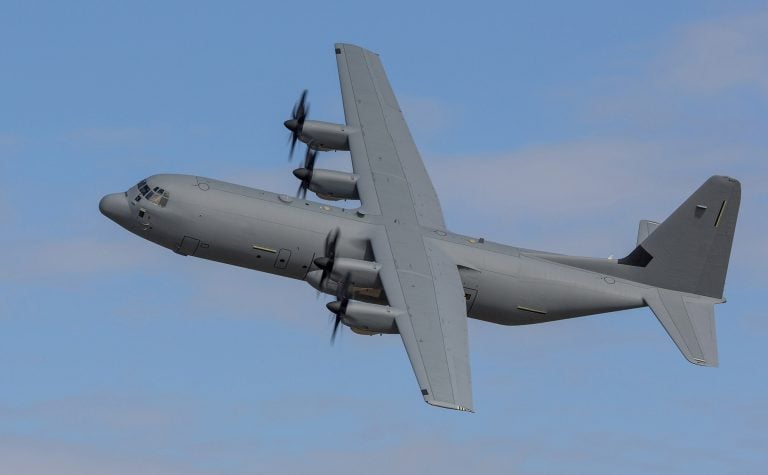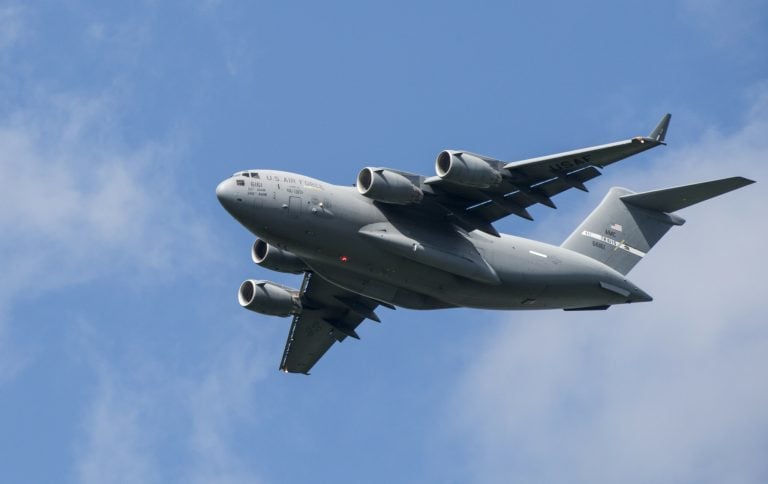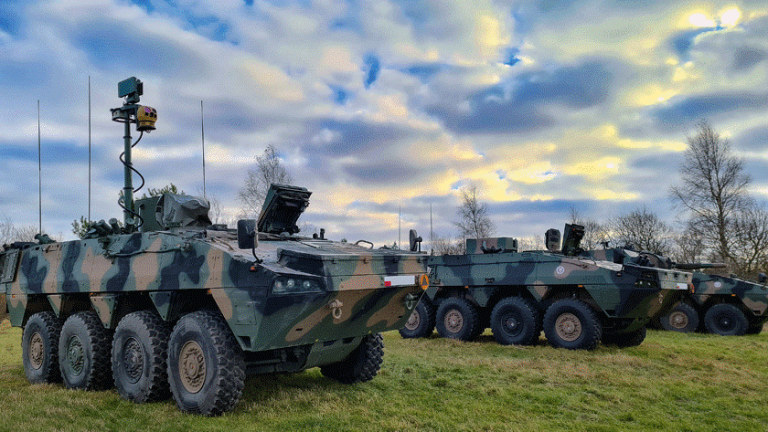Taiwan’s Ministry of National Defense has confirmed the successful completion of tests for its new military communication system conducted in the United States. The system, known as the Field Information Communications System (FICS), is expected to be delivered to Taiwan shortly, marking a significant enhancement in the nation’s military capabilities.
The acquisition of FICS, finalized in 2022 at a cost of 6.99 billion New Taiwan dollars (approximately $246 million), aims to bolster the information transmission and reception abilities of Taiwan’s field units. This advanced communications infrastructure is set to integrate seamlessly with the existing military communication framework, ensuring improved operational efficiency.
Scheduled for deployment by the fourth quarter of 2025, the system will be installed on refurbished M1097A2 High Mobility Multipurpose Wheeled Vehicles, enabling greater mobility and versatility in communication during operations.
Former Defense Minister Yen Te-fa emphasized the significance of the FICS as a third-generation land communication system, specifically designed for use by troops engaged in field operations. The primary goal is to establish mobile, secure communication channels, further advancing Taiwan’s military modernization efforts.
The FICS is intended to replace the outdated Tactical Area Communication System, bringing enhanced capabilities to various weapon systems, including the M142 High Mobility Artillery Rocket System. This upgrade is expected to significantly improve target accuracy, thereby elevating the combat effectiveness of Taiwan’s military forces.
Upon its delivery, the FICS will be handed to the Information, Communications, and Electronic Force Command, where it will be equipped with a security device that has received certification from Taiwan’s National Security Bureau. To fortify its security framework, the system will also incorporate advanced monitoring systems and encryption technologies developed by the National Chung-Shan Institute of Science and Technology, underscoring Taiwan’s commitment to securing its military communications against potential threats.







